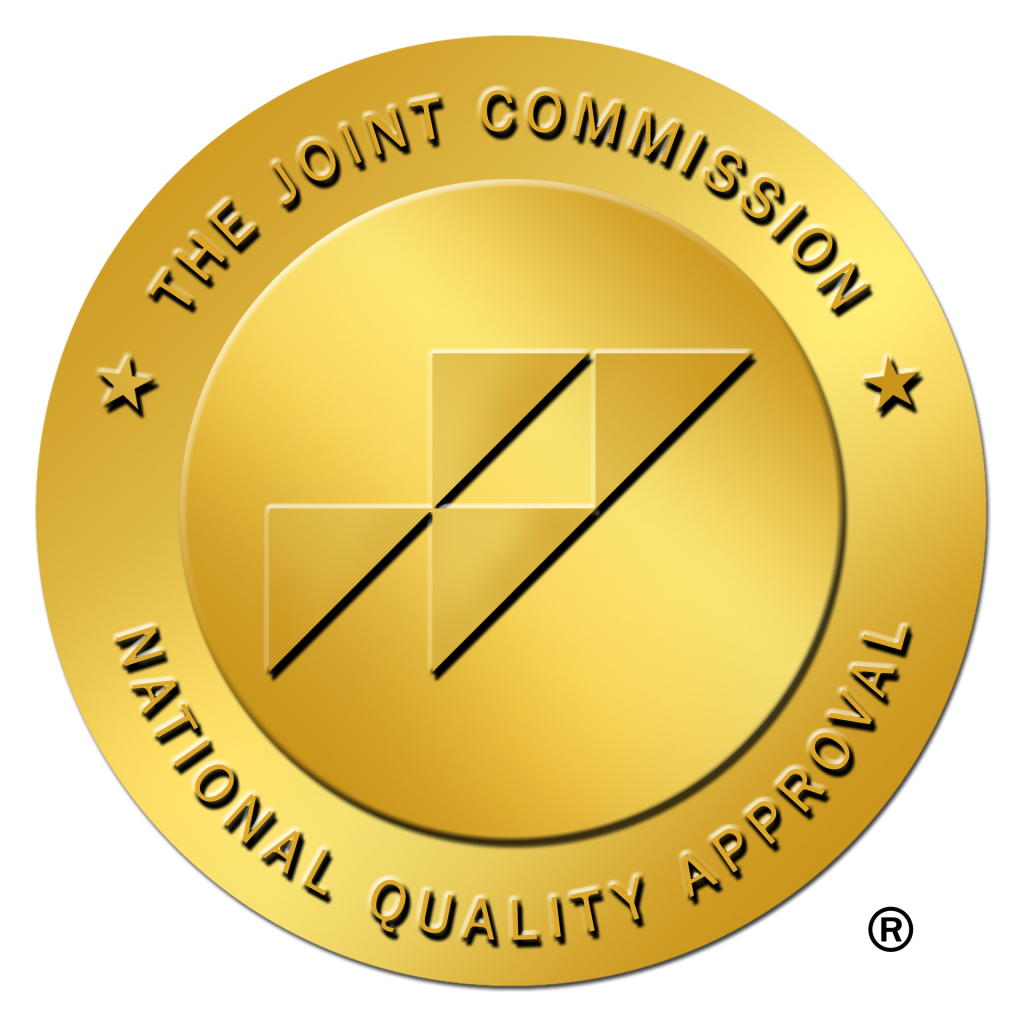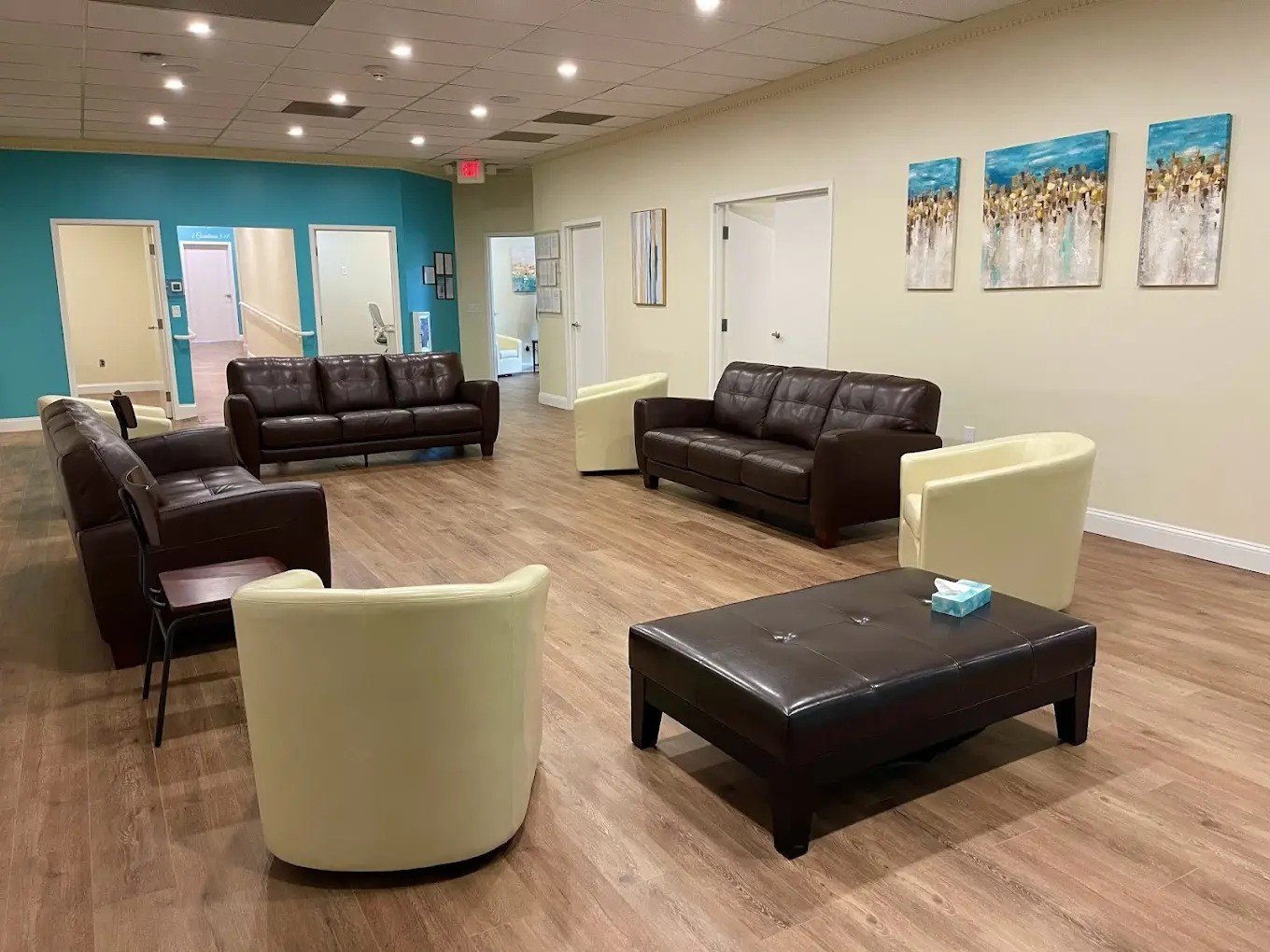Outpatient Therapy For Addiction Nj
Exploring Outpatient Therapy for Addiction in NJ
Outpatient therapy for addiction in NJ offers a flexible route to recovery without the need for residential treatment. At New Chapter Recovery, based in Parsippany-Troy Hills, clients receive high-quality care while planning their schedules around family, work, or educational responsibilities. This method allows individuals to integrate therapy and support into their daily lives, promoting both healing and empowerment.
There is a broad range of outpatient therapy options available, such as Partial Hospitalization Programs (PHP), Intensive Outpatient Programs (IOP), and standard Outpatient Programs (OP). Each level is tailored to the client’s specific needs, providing targeted support that reflects the complexity of addiction and co-occurring mental health conditions.
Personalized Treatment Plans: A Holistic Approach
New Chapter Recovery prides itself on developing individualized treatment plans suited to the unique needs of each client. Emphasizing measurable clinical outcomes, these plans are crafted by a multidisciplinary team and leverage a variety of therapeutic modalities, such as Cognitive Behavioral Therapy (CBT), Dialectical Behavior Therapy (DBT), and Acceptance and Commitment Therapy (ACT).
This tailored approach ensures that clients receive the precise support they need. For those struggling with substance use disorders and mental health challenges, a comprehensive plan is more than just a roadmap–it’s a lifeline to recovery. The commitment to personalized care underscores the center’s dedication to fostering long-term sobriety and emotional well-being.
Integrated Dual Diagnosis Model: Addressing Co-occurring Disorders
In New Jersey, dealing with addiction often means addressing underlying mental health issues. Through an integrated dual diagnosis model, New Chapter Recovery tackles both addiction and co-occurring disorders with a trauma-informed approach. This model is particularly beneficial for clients experiencing anxiety, depression, or other mental health challenges alongside substance use.
By simultaneously addressing both aspects of a client’s health, the integrated model provides comprehensive care that acknowledges the complexity of addiction recovery. This approach facilitates more effective treatment, helping individuals understand the interplay between mental health and addiction while equipping them with tools to manage both sustainably.
The availability of dual diagnosis services positions the center as a leader in comprehensive, client-centric care, ensuring no aspect of personal well-being is overlooked.
Therapy Specialty Tracks: A Diverse Range of Options
New Chapter Recovery offers a variety of specialty tracks to cater to diverse client needs, including animal-assisted therapy, veterans treatment, and faith-based recovery programs. These specialty tracks provide unique therapeutic experiences that resonate with client’s backgrounds and personal beliefs, often enhancing engagement and outcomes.
For instance, animal-assisted therapy can be incredibly therapeutic, offering clients non-judgmental companionship and stress reduction. Similarly, faith-based recovery tracks provide spiritual support, which can be a critical component for some in their journey to sobriety.
Flexible Scheduling for Working Professionals
Maintaining a balance between work and recovery can be challenging, yet critical. Outpatient therapy for addiction in NJ at New Chapter Recovery facilitates this through flexible scheduling options tailored for working professionals. Offering both day and evening sessions, the center empowers clients to receive intensive support without compromising their professional responsibilities.
This flexibility ensures that individuals can progress in their careers while committing to recovery. The ability to integrate therapy sessions into their existing schedules can alleviate stress, which is crucial for maintaining the motivation to stay sober.
Medication-Assisted Treatment: A Complementary Approach
At New Chapter Recovery, medication-assisted treatment (MAT) is employed to further support those battling substance use disorders. This treatment combines behavioral therapy and medications to treat addiction, particularly beneficial for opioid and alcohol dependencies.
MAT helps alleviate withdrawal symptoms and reduce cravings, making it easier for clients to focus on recovery. When combined with New Chapter Recovery’s comprehensive outpatient therapy for addiction, MAT can significantly enhance the chances of sustained recovery by addressing both the physical and psychological aspects of addiction.
Emphasis on Relapse Prevention and Long-term Success
Securing long-term sobriety involves more than initial treatment–ongoing support and relapse prevention strategies are essential components. Outpatient programs at New Chapter Recovery focus on building resilient recovery skills reinforced by structured care and community integration.
Clients participate in groups that foster peer support, receive counseling that targets relapse triggers, and engage in activities that strengthen their commitment to sobriety. This multidimensional approach prepares individuals to handle potential setbacks and continue thriving in their recovery journey.
Through consistent monitoring and support, the center ensures each client is equipped with effective strategies and a robust support network, paving the path for enduring recovery success.
Family Support and Involvement in the Recovery Journey
Recognizing the influential role families play in the recovery process, New Chapter Recovery incorporates family support into its outpatient therapy programs. Engaging with loved ones can enhance treatment outcomes by fostering a supportive home environment conducive to recovery.
The center offers family counseling and educational resources, empowering relatives to understand addiction dynamics and contribute positively to their loved one’s healing journey. This involvement not only strengthens familial bonds but also equips family members with the skills to assist effectively in maintaining long-term sobriety.
Such comprehensive family involvement can be transformational, often leading to improved communication, trust, and collective progress.
Admissions and Insurance Verification: Streamlined and Confidential
New Chapter Recovery provides a seamless admissions process with fast, confidential assessments available the same day. The dedicated admissions team is adept at conducting quick insurance verifications, ensuring minimal delays in starting treatment. This efficiency is particularly beneficial to those seeking outpatient therapy for addiction in NJ, as it allows rapid access to necessary care.
By offering transparent communication and expedited insurance checks, the center reduces financial uncertainties and administrative barriers, allowing clients to focus on their recovery journey with peace of mind.
- Free and confidential assessments
- Same-day admissions
- Quick insurance verification, including out-of-network and Tricare benefit checks
Coordinated Aftercare Planning: Ensuring Continued Progress
Aftercare planning is a crucial element of the recovery process, helping individuals transition back into daily life post-treatment. New Chapter Recovery emphasizes the importance of coordinated aftercare to sustain progress and prevent relapse. This involves tailored plans that include continued therapy, support groups, and community resources.
Clients are guided through their reintegration journey, ensuring they remain connected to their support systems and have access to ongoing assistance. The proactive approach to aftercare is designed to equip individuals with the resilience and resources needed to navigate real-world challenges successfully.
What is the benefit of choosing outpatient therapy over residential treatment?
Choosing outpatient therapy, like what we offer at New Chapter Recovery, provides flexibility that residential treatment might not. Imagine being able to attend therapy sessions that fit around your job or family life, allowing you to maintain personal responsibilities while getting the help you need. Outpatient programs are designed to integrate into your daily routine, encouraging healing without the need to step away entirely from your life. For instance, working professionals in New Jersey find our flexible day and evening sessions invaluable as they navigate their recovery journey while continuing with career obligations. This approach not only destigmatizes therapy but also empowers individuals to take control of their recovery process. Have you ever wondered how maintaining normalcy in one’s day-to-day life could influence long-term recovery?
How do personalized treatment plans improve recovery outcomes?
Personalized treatment plans are critical in addressing the unique needs of each client. At New Chapter Recovery, our approach involves a multidisciplinary team creating a plan that aligns with your specific challenges and strengths. Imagine trying to fit a square peg into a round hole–it just doesn’t work. Similarly, a one-size-fits-all treatment plan cannot address the complex nature of addiction. Our individualized plans incorporate evidence-based therapies like CBT and DBT, ensuring the support is tailored for maximum effectiveness. This strategy enhances the likelihood of sustained recovery, as clients engage more deeply with therapies that resonate with their personal experiences. Have you considered how an individualized approach might change your perspective on therapy?
What is the role of the integrated dual diagnosis model in addiction recovery?
The integrated dual diagnosis model plays a pivotal role by addressing both addiction and co-occurring mental health disorders simultaneously. This approach, which we implement with a trauma-informed layer at New Chapter Recovery, recognizes that mental health and substance use disorders often interact in complex ways. For example, someone dealing with anxiety might turn to alcohol as a coping mechanism, which in turn can exacerbate anxiety, creating a cycle that a dual diagnosis model is designed to break. By treating both conditions concurrently, we provide a more comprehensive treatment plan, which can improve outcomes significantly. Studies have shown that addressing these interlinked issues leads to better mental health and lower relapse rates. What are your thoughts on the importance of addressing mental health concurrently with addiction?
What kind of specialty tracks are available, and how can they aid in recovery?
Specialty tracks offer tailored therapeutic experiences that can be particularly impactful for clients. New Chapter Recovery provides diverse options such as animal-assisted therapy, veterans treatment, and faith-based programs. For instance, animal-assisted therapy uses the comforting presence of animals to reduce stress and build trust, creating a unique path to healing. Alternatively, faith-based programs might resonate with individuals seeking spiritual support as part of their recovery journey. These specialty tracks cater to different backgrounds and beliefs, enhancing engagement and effectiveness. Imagine the power of turning a passion or belief into a therapeutic tool–how might that change your approach to therapy?
How does flexible scheduling assist working professionals in their recovery?
Flexible scheduling is essential for working professionals who need to balance their recovery with career demands. At New Chapter Recovery, we offer day and evening sessions to ensure that professional responsibilities are not a barrier to receiving care. This flexibility reduces the stress of having to choose between work and treatment, allowing individuals to fully commit to both. Picture a scenario where you can attend a therapy session in the evening, after a day at work–it makes the path to recovery more accessible and less disruptive. This setup not only encourages participation but also helps maintain the motivation needed for successful recovery. How do you think flexibility in scheduling might change perceptions about enrolling in therapy programs?
What makes medication-assisted treatment a complementary approach in addiction recovery?
Medication-assisted treatment (MAT) is a powerful tool in addiction recovery, especially for those dealing with opioid and alcohol dependencies. At New Chapter Recovery, MAT is integrated with behavioral therapies to address both the physical and psychological aspects of addiction. For example, medications can ease withdrawal symptoms, allowing clients to focus more on their recovery efforts without the overwhelming distraction of cravings. Research points out that MAT can significantly enhance treatment outcomes by supporting the body’s healing process while clients engage in therapy. Have you ever considered how combining medication with therapy might create a more balanced recovery approach?
How does family involvement enhance addiction treatment outcomes?
Family involvement is a cornerstone of effective addiction treatment. At New Chapter Recovery, we involve families through counseling and educational resources, which helps build a supportive environment at home. When a family understands addiction dynamics, they can provide better support and encouragement. Imagine the difference it can make when a family can communicate effectively, offering love and accountability instead of judgment. This kind of involvement strengthens familial bonds and can significantly enhance the effectiveness of treatment. As someone with a strong support network, have you thought about how involving loved ones in your recovery might impact your journey?
Resources
- Substance Abuse and Mental Health Services Administration (SAMHSA) – SAMHSA is a leading government agency that provides information, resources, and treatment options for substance abuse and mental health disorders.
- American Psychiatric Association (APA) – The APA is a professional organization representing psychiatrists in the United States, offering valuable insights into mental health treatment and research.
- National Institutes of Health (NIH) – The NIH is a renowned medical research agency that focuses on various health conditions, including addiction and mental health, providing evidence-based information and resources.
- Centers for Disease Control and Prevention (CDC) – The CDC is a leading national public health institute that offers comprehensive data and resources on substance abuse, mental health, and related health issues.
- National Institute of Mental Health (NIMH) – NIMH is part of the NIH and focuses specifically on mental health research, offering valuable insights into treatment approaches and resources.






